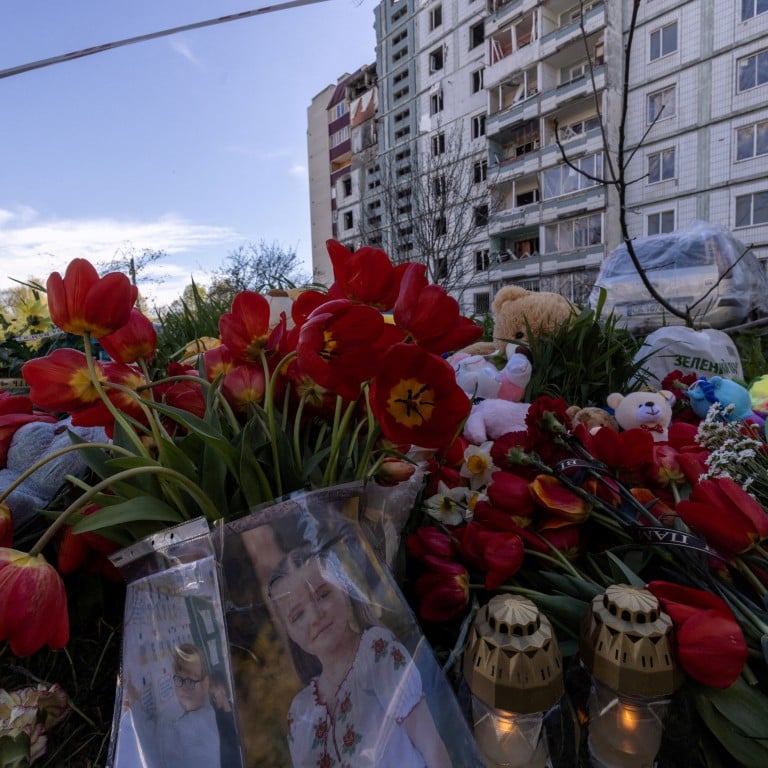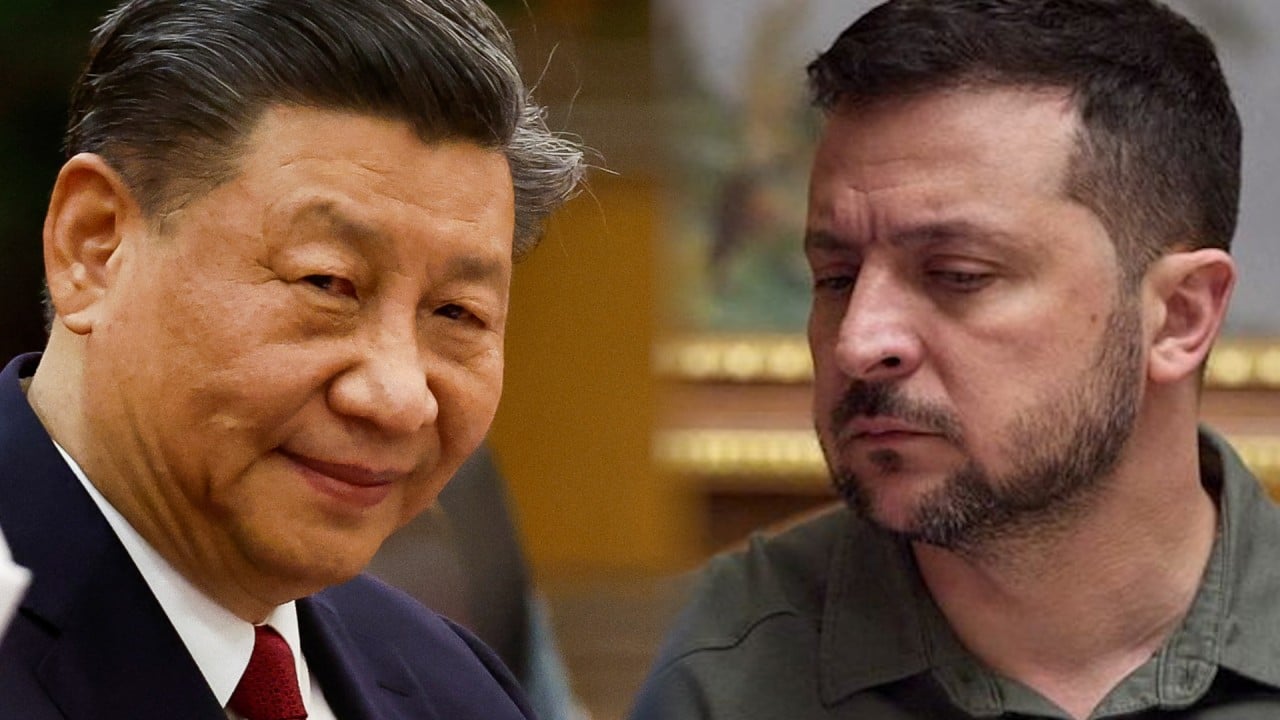
China says its stand on Ukraine war ‘has not changed’ after UN vote
- Beijing backed a resolution last week that described the conflict as ‘aggression by the Russian Federation’
- But China’s mission to the UN says its vote was on the entire text and wasn’t an endorsement of that paragraph
“China’s position on the Ukraine issue has not changed, and the voting position has nothing to do with the phone call between the two heads of state,” the Permanent Mission of China to the United Nations said on Tuesday in an emailed reply to queries.
The mission was referring to China’s vote on a resolution in the UN General Assembly on April 26, and a conversation between Chinese President Xi Jinping and Ukrainian leader Volodymyr Zelenksy the same day.
China’s vote drew attention since the resolution described Russia as the aggressor in the conflict – language Beijing has not used. China has never condemned Russia’s attack on Ukraine and has been criticised by the West over its stance on the war.
European Union foreign policy chief Josep Borrell tweeted on Wednesday that the bloc welcomed the resolution and that it was supported by its Group of 20 partners including China, Brazil, India and Indonesia.
But Beijing’s mission to the UN denied there was any change to China’s position.
“The ‘yes’ vote was a vote on the entire text of the resolution and cannot be considered an endorsement of that paragraph,” the mission said.
China had abstained from an earlier vote on whether to keep the paragraph in the preamble that said Europe faced unprecedented challenges following Russian aggression against Ukraine and Georgia.
The paragraph also called for the prompt restoration of peace and security “based on respect of the sovereignty, territorial integrity and political independence of any state” and for all responsible for international law violations to be held accountable.
Xi’s talk with Zelensky earns approval from US and EU, as well as some caution
The draft resolution is focused on supporting cooperation between the UN and the Council of Europe, an international body from which Russia was kicked out weeks after the invasion.
The General Assembly adopted the non-binding resolution – containing the paragraph that Russia objected to – with 122 votes in favour, 18 abstentions and 48 member states not voting. The five countries that opposed the resolution were Russia, Belarus, North Korea, Nicaragua and Syria.
The mission said it was not the first time China had backed a UN resolution referring to Russian aggression against Ukraine, pointing to a November 21 vote. That resolution was about promoting cooperation between the UN and the Central European Initiative.
Beijing voted in favour of that resolution but abstained from a separate vote on whether to keep references to “Russian aggression”.
Courtney Fung, an associate professor at Macquarie University in Sydney, said China’s abstention from voting on the paragraph last week reflected its security position and priority on the “no limits” friendship with Russia.
That partnership was announced when Xi and Russian leader Vladimir Putin met in Beijing in February last year, weeks before Russia invaded Ukraine.
In first since Ukraine war, Russia to buy Chinese yuan to stock foreign reserves
“China expends diplomatic resources to modify language and garner votes that are at least closer to its own positions,” said Fung, who is also an associate fellow at the Lowy Institute, a think tank in Sydney. She said China was in good company abstaining with dozens of other nations in the Global South, which “diffuses any reputational costs for China”.
China has mostly abstained from UN resolutions condemning Russia’s invasion instead of following Russia and its supporters – North Korea, Syria and Belarus – with a “no” vote.
Fung said voting against a resolution that calls for cooperation on international peace and security “undermines [the Global Security Initiative] with the message that China is conceptualising security as only for strong states”.
Xi has been promoting the initiative – a vague framework – as an alternative to the Western-led international security order since April 2022.
Li Lifan, a Russia specialist with the Shanghai Academy of Social Sciences, said it was too simplistic to view China’s position on the conflict on the basis of a UN vote.
“The key is to look at how Russia reacted to the vote,” Li said. “Russia acts on its national interests and won’t mince words to defend them, but it didn’t criticise China for how it voted.”
He said China had abstained from voting on most resolutions condemning the invasion since most countries would not oppose them. Abstaining was also a way to manage its relations with major trade partners such as the EU.


